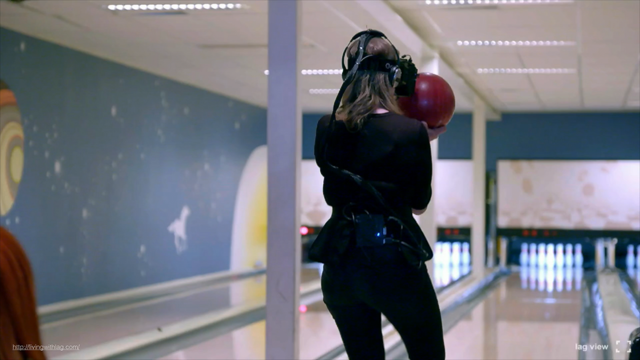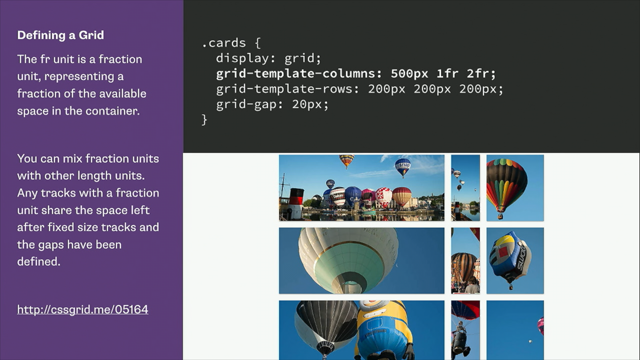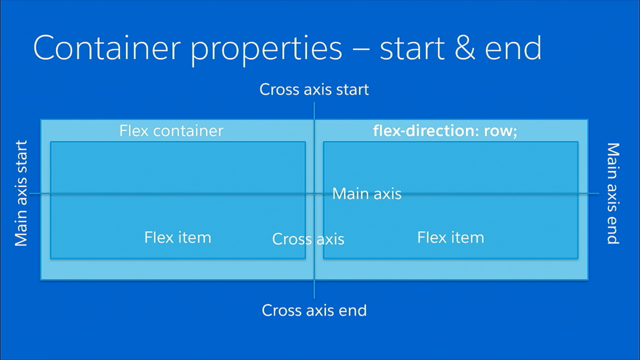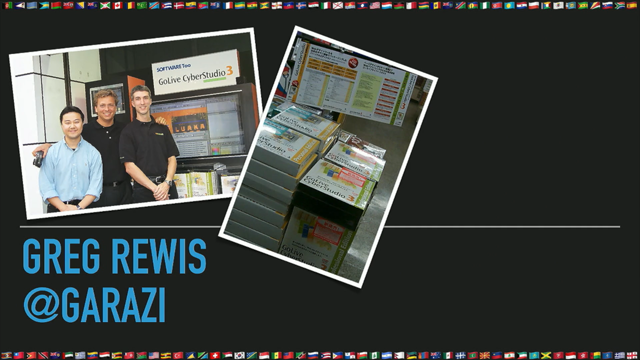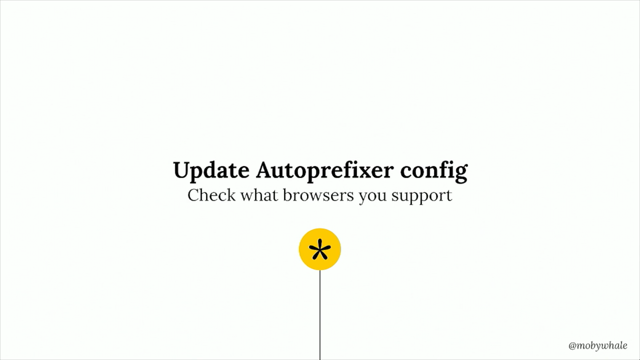Reimagining the company offsite remotely

(upbeat electronic music) - So companies around the world spend an estimated 70 billion dollars on the company retreat, or offsite. So this is usually an opportunity to step away from the office, and to collaborate on different things, to think about company strategy, and work out ways you're gonna get there.
There's often an expert speaker that comes in to talk to you about things that are gonna help you as a team work better together. But what is it that makes companies spend so much money on these company offsites? And I would argue that it's to improve team effectiveness. So this concept of team effectiveness we've talked about a bit today.
But it's a concept that a lot of companies and academics have put a lot of time into researching. Google, for example, spent two years researching 180 teams. And they came up with five conditions that they believe help foster team effectiveness. Now this comes from executive leaders, as well as people in the teams, so executives were mostly interested in are you actually shipping stuff? (laughs) And the people in the team were more about the team culture. And so the five that they came up with were: dependability. Am I relied upon to deliver something? Does my team know that I am reliable? Structure and clarity.
Is my structure known within my team, and beyond that team in the whole organisation? Is the work I'm doing meaningful, and is it making an impact on the company as a whole? And finally, this last concept of psychological safety, which Michelle has just spoken to us as well. - [Man] Sorry.
- [Georgina] No! It's good! (audience chuckles) It's perfect.
So in academia, this is J. Richard Hackman, and he spent his career at Harvard studying teamwork dynamics and effective leadership.
So his work wasn't just with technology teams, it was across all sorts of industries.
And he has five conditions as well that he believes effective teams have.
And that is, is it a real team? Can I see who the people I'm working with are? Is there a compelling direction? Is my team working toward something that I think is compelling, and is that known to me? Enabling structure.
Again, is there structure that I can see within the whole organisation and within my team, and how I'm contributing? Social support. Do I feel supported by the people in my team in order to do a good job.
And coaching. So other opportunities for me within my team to coach somebody and to be coached. So I believe the company offsite is an opportunity to foster some of these conditions that help with team effectiveness.
It's not like you can just turn these things on and off, but by spending time outside your regular day to day, you can help improve some of these things, reignite them.
But, what do you do if your team's remote? Now some people argue that this team effectiveness can only be achieved in real life communication. Companies like Yahoo in 2013 revoked all working from home access, and that then prompted other companies like HP to go, "Uh, we'll do that too." 'Cause they believe that you can only collaborate effectively in person. But interestingly, the Google study found that being co-located didn't actually make any difference in whether a team was effective.
And this is good news, because employees are increasingly seeking to work remotely. So it was the McCrindle study that said that 78% of Australians want to work remotely at least part time.
An even larger study by the Workplace, International Workplace Group, studied 18,000 people across 96 countries, and they found that 70% of people work remotely at least once a week, and 53% of people work remotely half the week. But what about full time? In America, 23% of organisations allow people to work remotely, and this is up from 20% last year.
Unfortunately, I don't have a really accurate statistics on what Australia's full time remote workforce is like, but in true form, we'll probably follow the US at some point.
Now I work at Insured by Us.
We make travel insurance software, and we are a remote-first company.
So we have five time zones, and 12 locations that we work across.
So for us to all get together, we either need to get absolutely everybody on a plane for about 10, 15 hours, or a few people to fly 30.
So going back to my first point, companies spend a lot of money on this, so in theory, it's worth doing if you get that team effectiveness out of it. But when thinking about organising an offsite, we looked to our values.
And we work to live, rather than live to work. Something we encourage is flexibility, and we encourage our team to prioritise things outside of work like family. So asking people to get on a plane and fly that far and spend days, weeks out of their family home was kind of contradicting our values.
So we thought we would try a virtual offsite. Now practically how this works, was two days, completely online.
We had 19 people at the time, across 11 locations, and four timezones.
So, how that worked out was it was a Tuesday and Wednesday in the middle of August.
If you're on Australian Eastern Standard Time, you started at four p.m., and if you were in British Summer Time, you got up at seven a.m.
Now the reason we did a Tuesday and Wednesday is that at IBU, most people work four days a week and we have a regular day off, and that's often a Monday or a Friday.
And that was something that we weren't willing to ask people to give up.
But we did ask for a little bit of flexibility in staying a little later, or getting up a little earlier so that we could all talk together.
So we connected via Zoom, which is a video conferencing tool that can have up to 100 users on it at any one time. We used Confluence to keep our itinerary together, so everyone could keep track of what was happening and prepare for various sections.
And we used Slack to keep us on time, so we had reminders set up when we were going to finish a particular section and when we should move on to the next.
It was also a great place for those who needed to leave their desk and update us where they were going, 'cause that's harder to see when you're remote. So as with the traditional offsite, day one was about big picture company strategy, and day two was about working better together as a team, and team communication.
So day one started with Ben, our founder, thanking each of us in the team for our various contributions, and each team for how they have helped IBU get to this point and get into the future.
So this was really helpful, because it meant that we could see how other people in the company had been contributing over the months and years before. It was also really nice to hear the way that Ben saw that our individual contributions were seen by the business.
Now we could do this because we were only 19 people at that time, but in general I think you can if you've got teams that you can maybe thank. He then went to speak about the past, present, and future of the business.
This was, again, a follow on from the "thank you, team," and gave those who hadn't been around for as long context about why we were heading in a particular direction. From there, as a team, 19 people, we collaborated, to come up with some objective key results. At the company layer, and then filtering down into the team layer.
So on to day two.
We started with a guest speaker, who came to us and talked to us about emotional intelligence, wellbeing, and mindfulness. So, Sarah from Talentry is an expert in this field, and she led us through a mindfulness meditation, virtually. So what that meant was all of us sat in front of our various laptops (laughs), meditating to the sound of Sarah.
From there, we did some communication style exercises and feedback delivery.
So this is where we broke up into smaller groups. Each group had people in different locations, so everybody had to connect via Zoom, and the groups were maybe three to five people. This exercise was about you came to the exercise wondering what was the thing about my communication style that I would like feedback on? And as a group, everyone then said, "I believe that's not accurate.
You're actually not like that." Or said, "Yeah, actually, I can see what you mean, and this is how it then affects me." So everyone had to be careful to only feedback to the specific thing that the person had brought to the table, as well as being particularly careful about the way in which it was delivered.
We're remote, so you can't see somebody's body language or their facial expression if they've maybe taken feedback in a way that wasn't intended. But this was a good exercise in helping us improve longterm. So after the small group exercises, we went and we paired up, and we did two things.
The first was, in our pairs, we wrote introductory paragraphs about each other. So at the time, IBU was improving their onboarding procedure, and part of that was to introduce people across the world to new people. If I'm in an office, you can walk in and you can say hello to everybody and get a quick introduction, but we needed a place where everyone had a short paragraph to talk about what they were.
Just something about them to introduce them to a new person. From there, we did proof of concept sessions. So, this was about sitting down and either hacking on something or thinking about new ideas.
I was paired with Craig, our designer.
He is the creative one, and I am the people one, so we collaborated and thought about ways we could celebrate people's work anniversaries. And then at the end of each day, we got together on Zoom, and we just debriefed, thanked everyone for their time, and got on with our days.
So, because this was an experiment for us, we needed to seek feedback.
We conducted a survey for those who wanted to participate, to fill in and let me know what they thought about it. And I also had a few follow-up calls and chats with people who wanted to go into more detail about what they think worked, and what didn't work. So what worked? Everyone was present, and everyone collaborated. This, for a remote team, is very unusual.
Most of the time, there are a few people who are asleep while I'm awake and vice versa.
So to actually have everybody present was amazing. The content.
The content was pretty well received.
It was a nice balance of company strategy and direction, and helping us work effectively as a team together. And there was a good balance between the whole team and small group activities.
Even in person, it's really hard to just listen to one person constantly for hours.
So instead, we broke it up between the whole team and small group activities. And snacks! So something I didn't mention was we delivered everybody snacks.
If you get together as a team, there's usually some kind of shared meal.
Now this is really hard across different timezones, so we posted breakfast to Dylan in Scotland, and we had afternoon snacks in Melbourne, Canberra, and Sydney.
And we finished on time.
I think this is important for any time people get together, but it was even more important because people were at different parts of their day. So what didn't work? Timing is way harder virtually.
It takes longer to sign on.
It takes longer when somebody leaves the room, because it takes longer to notice that they've gone, and read the Slack message, and get an update. So timing is harder.
We needed to build in more buffer time than we did. We also need one microphone per person.
You probably noticed that at the beginning I said we had 19 people in 11 locations.
So some people were in the same place at the same time. And using one machine, so one microphone.
And that was a little hard to hear for those that weren't in that room.
And the OKR collaboration needed follow-up, which I actually think is a really positive thing. In any group setting, there are going to be some people that are way happier talking in front of people and sharing all their ideas.
There are gonna be others that need time to reflect, and contribute asynchronously.
So, although this can't be something that you can turn on and off, I believe we addressed a few of the conditions that the research I mentioned earlier, meant as important as to make teams effective. So Ben's "thank you, team." It helped us feel part of a real team.
It showed the impact that we're having, and helped us feel the meaning in our day to day jobs. The past, present, and future talk that Ben gave us. He talked about a very compelling direction, and talked about ways in the past that we have used structure to get there.
Objective key results.
So this helped us then clarify and create structure around the direction that Ben had talked about. And it also helped us realise how dependable, how reliant the business is on our individual contributions and our teams within the business.
Now the mindfulness meditation, this is one that is even harder to turn on and off (laughs) than the other conditions I've mentioned.
But I believe through sharing with our team that we believe wellbeing, emotional intelligence, and mindfulness is important, that we have helped create an environment where people feel safe to share their opinions and take risks.
It also helped to show that we support our team. The communication and feedback session.
Again, harder to show, 'cause we need long term information.
But I believe that we were helping coach each other in this session, and showing that we support each other. And the last session was pretty similar.
We, through social support, we were able to show how a buddy can help us in our day to day work.
We also sort of ended up kind of launching a coaching type thing (laughs) with the buddies. So the buddies last beyond just that virtual offsite. And the proof of concept was an opportunity for all of us to think about a creative way we could make an impact and make our jobs meaningful. So all in all, it was a success.
We are going to do it again (laughs).
I don't believe that virtual communication will ever replace face to face contact, but I do believe that regular connection is more important than, say, an annual face to face. And in order to improve team effectiveness, I believe that a virtual offsite is a really interesting way to help.
Thanks.
(audience applauds) (upbeat electronic music)


